Using Aloe Vera On Tattoos: Benefits & Possible Side Effects
A natural ingredient that can be a game-changer for healing and maintaining fresh tattoo ink.
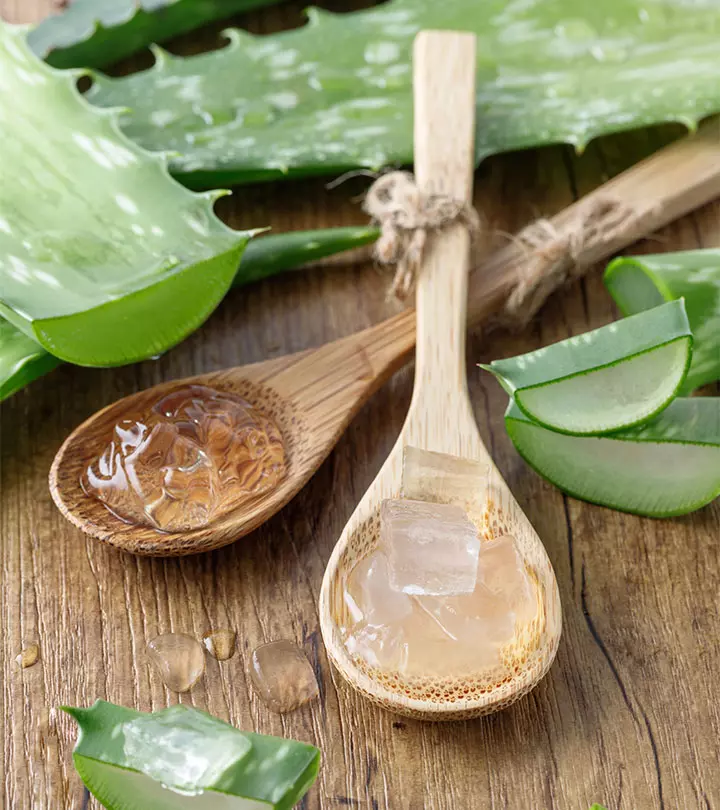
Image: Shutterstock
Aloe vera is commonly used in skin care products and also as a popular natural remedy for promoting wound healing in skin issues like psoriasisi A chronic skin condition characterized by itchy, dry skin patches on the elbows, knees, and lower back. (1). Due to this, some people believe it may be a good idea to put aloe vera on tattoos. After all, fresh tattoos require adequate moisturization during the healing process, especially when they start itching and peeling.
So, does that mean that aloe vera is good for tattoos? The healing and moisturization properties of this natural remedy might make it seem like a beneficial choice. But how much of it is true? In this article, we will take a look at the benefits and potential side effects of using aloe vera for tattoos to help you make an informed decision. Scroll down to learn more about this popular ingredient.
In This Article
Can You Put Aloe Vera On A Tattoo?
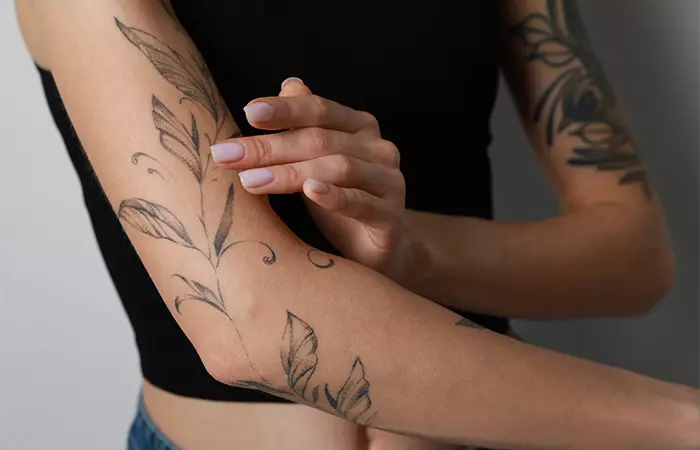
The tattoo industry has opposing views about using aloe vera for tattoos. While certain tattoo artists advocate its use, others are against using it. Advocates of aloe vera believe that its antiseptic effects may keep the tattoo clean and protect it from infections during the healing process. They believe aloe vera works like a moisturizer for tattoos and may help prevent dryness.
Aloe vera is known for its anti-inflammatory and healing properties that may help reduce swelling and skin damage sustained during the tattooing process (2). Research suggests that antiseptic agents like cinnamonic and salicylic acid in aloe vera may prevent the growth and development of bacteria. Moreover, the compound called glucomannan in aloe vera may stimulate fibroblasti Cells responsible for producing structural proteins like collagen that play a crucial role in wound healing and tissue repair. growth. This, in turn, may help increase collagen production, which is a building block for wound healing (2). All of this indicates that it might be a good idea to apply aloe vera on tattoos.
However, some experts believe that aloe vera gel may hinder the healing process. Some of the commercial aloe vera gels available on the market contain artificial fragrances that may irritate the skin. Studies suggest that using a scented aloe vera lotion on fresh tattoos may result in red rashes, premature fading of the tattoo, and scars (3). Therefore, consult your tattoo artist before using this remedy.
 Pro Tip
Pro TipApart from wound healing and preventing the risk of infection, aloe vera gel provides numerous benefits that may help maintain tattoos that have passed their initial healing stage. Find out more in the next section.
Key Takeaways
- Applying aloe vera to tattoos may help keep the tattooed skin moisturized and accelerate healing.
- Avoid using aloe vera products with additives, and use your fingertips to apply it to avoid skin irritation.
- Always perform a patch test before applying aloe vera gel to tattoos, as it may cause burning, itching, and redness.
Benefits Of Using Aloe Vera For Tattoos

- May Moisturize Tattooed Skin
The humectant properties of aloe vera gel help pull moisture from deeper skin layers and the air, leaving your tattooed skin hydrated (4). However, remember that aloe vera is not occlusive and may not prevent water loss from the outer layer of the skin. Therefore, always use a moisturizer after applying aloe vera to lock in hydration.
- May Help Prevent Tattooed Skin From Aging
Aloe vera gel promotes the production of elastin and collagen, which helps increase skin elasticity and reduce the appearance of wrinkles (2). It is also rich in antioxidants like vitamins A, C, and E that may help fight skin-damaging free radicals (2).
- May Help Relieve Sunburn On Tattoos
Anecdotal evidence suggests that aloe vera may help soothe sunburns. While it may not treat sunburns, its anti-inflammatory properties may help soothe the discomfort, redness, and irritation associated with sunburns.
- May Prevent Dark Spots And Acne On Tattoos
Aloe vera contains a compound called aloesin that may help reduce the melanini A pigment produced in cells called melanocytes responsible for the color of skin, hair, and eyes in organisms. in the skin and prevent dark spots (5). However, more relevant studies are needed to confirm the efficacy of aloe vera as a depigmenting agent. Along with aloesin, aloe vera also contains active ingredients like salicylic acid that can help unclog pores and reduce acne breakouts (6). Further, aloe vera application may also help treat skin conditions like dermatitisi A common term for skin inflammation and redness caused by hormonal changes, stress, and environmental irritants. and psoriasis (2).
 Pro Tip
Pro TipThe numerous benefits of using aloe vera on tattoos discussed above might convince you to include it in your tattoo aftercare routine. But what good are these benefits if you do not know how to use aloe vera for tattoo aftercare? Find out in the next section.
How To Use Aloe Vera For Tattoos
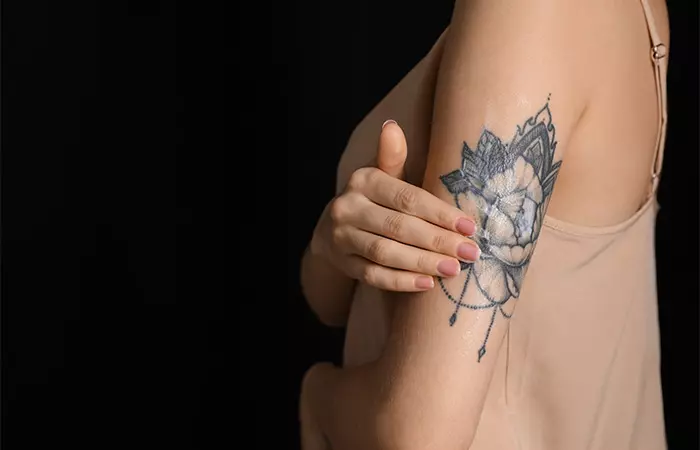
Your tattoo artist may apply an antibiotic ointment on your fresh ink and cover it with a bandage or plastic wrap. Avoid removing this covering for 24 hours after the tattoo process or as recommended by your artist. After removing the initial covering, follow these steps:
- Wash your hands thoroughly and gently cleanse the tattooed area with a mild, fragrance-free, antibacterial soap and warm water.
- You may apply a thin layer of pure aloe vera gel on the skin if your tattoo artist recommends it.
- Allow the skin to absorb the gel completely before using a moisturizer.
- Repeat this 2-3 times per day, or as needed, for the first few days after getting the tattoo.
Note:
Perform a patch test before applying aloe vera on tattoos directly. If you notice signs of irritation, redness, or itching, discontinue its use immediately and consult your tattoo artist or a doctor.
Although using aloe vera on tattoos may be beneficial, there are some things you need to keep in mind. Scroll down to know more.
Things To Avoid When Using Aloe Vera For Tattoos
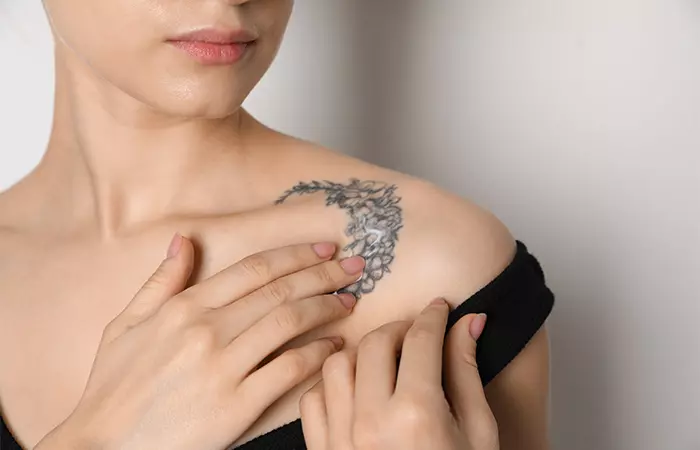
- Avoid using commercially available aloe vera products containing additives, fragrances, colorants, or other potentially irritating ingredients.
- Do not apply aloe vera gel immediately after getting a tattoo. Wait for at least 24 hours before doing so.
- Wash your hands before applying the gel to reduce the risk of tattoo infections.
- Avoid rubbing your skin while applying the aloe vera gel to avoid skin irritation. Instead, spread it gently using your fingertips.
- Use a gentle, fragrance-free lotion after using aloe vera gel, as the gel can make your skin feel tight after drying.
- Avoid exposing your healing tattoos to direct sunlight, as aloe vera alone provides no UV protection.
- Do not assume aloe vera is a substitute for proper aftercare. Avoid skipping other steps like proper cleaning, moisturization, and sun protection.
Aloe vera is usually considered safe and beneficial for topical application. However, it is always best to consult a doctor or your tattoo artist before using it. It’s because aloe vera may sometimes lead to certain side effects or allergic reactions. Find out more in the next section.
Possible Side Effects Of Using Aloe Vera On Tattoos
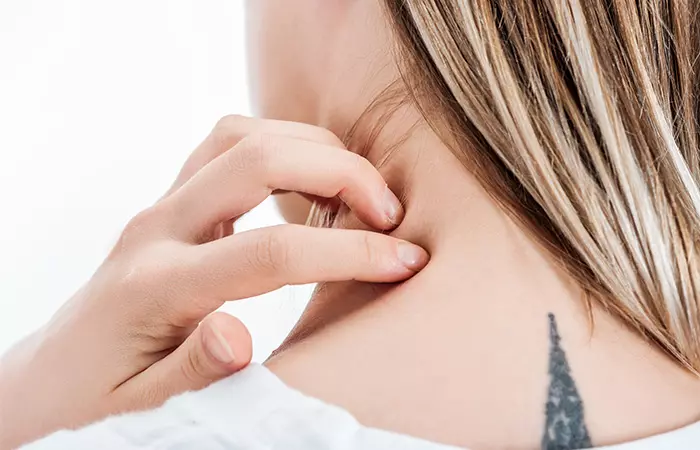
Aloe vera is generally considered safe for topical application. However, it may cause skin irritation in people with sensitive skin or aloe allergy. This may result in hypersensitivity and minor adverse effects like pain and discomfort (7). Anecdotal evidence suggests that a hypersensitive reaction to aloe vera may also result in burning, itching, redness, stinging, and rashes.
You may also experience irritation after using expired or contaminated aloe vera on tattoos. Therefore, always check the expiry date of your aloe vera gel before using it. Also, store it properly to prevent it from getting contaminated with harmful bacteria.
The debate of whether or not to use aloe vera gel on tattoos has also given rise to some misconceptions about its use in tattoo aftercare. Check out the next section to know more.
Misconceptions About Using Aloe Vera For Tattoo Aftercare
Many believe that using aloe vera on tattoos may prevent scabbing. However, scabbing is a natural part of the healing process as the skin repairs itself. While aloe vera may help keep the tattooed skin moisturized, it may not prevent scabbing.
One common misconception is that ‘natural’ equates to ‘safe.’ While aloe vera is a natural plant, it is important to remember that even natural substances can cause allergic reactions or irritation in some individuals. This is important to remember when considering new products for your skin, especially if you have a fresh tattoo. Even natural products can potentially lead to adverse reactions.
Another misconception is that aloe vera gel works for everyone. While aloe vera is generally well-tolerated, some individuals may be allergic or sensitive to it. Therefore, perform a patch test before using it on a new tattoo. Also, since each tattoo and individual may require different care, follow professional advice for the best results.
Using aloe vera on tattoos is a common practice due to its anti-inflammatory, antimicrobial, moisturizing, and soothing qualities. Its gel-like consistency provides a cooling sensation that may help alleviate discomfort associated with the tattooing process. Additionally, aloe vera may also help accelerate the healing of minor wounds, making it a potentially beneficial option for tattoo aftercare. However, consult your doctor or tattoo artist before using it on your fresh tattoo. Also, conduct a patch test before using this natural ingredient, as it may lead to side effects like redness and inflammation. Keep in mind that you should also not solely depend on aloe vera for healing your tattoo. Follow all the tattoo aftercare instructions provided by a doctor or an experienced tattoo artist properly for a successful recovery.
Frequently Asked Questions
Can I use other products in combination with aloe vera for tattoo aftercare?
Yes, you may use other products in combination with aloe vera for tattoo aftercare. However, use gentle, fragrance-free products recommended by your tattoo artist. Also, avoid harsh chemicals and keep the tattoo clean and moisturized to promote proper healing.
Does aloe vera fade tattoos?
No, aloe vera does not fade tattoos. In fact, experts recommend it for tattoo aftercare due to its soothing and moisturizing properties to help promote healing without negatively affecting your tattoo’s appearance.
Is there an alternative to aloe vera for tattoos?
Yes, some tattoo artists suggest using coconut oil on tattoos, as it has antimicrobial and anti-inflammatory properties (8). However, conduct a skin patch test to check for any allergic reaction before using it.
Can I use aloe vera for old tattoos?
Yes, you may use aloe vera creams and lotions on old tattoos to keep them moisturized as your skin has completely healed. However, avoid using aloe if you are allergic to it.
Proper aftercare is crucial for improving your new tattoo’s healing process. So, if you are thinking about using aloe vera in this regard, check out this informative video to know everything about it.
References
Articles on StyleCraze are backed by verified information from peer-reviewed and academic research papers, reputed organizations, research institutions, and medical associations to ensure accuracy and relevance. Read our editorial policy to learn more.
- The effect of aloe vera clinical trials on prevention and healing of skin wound: A systematic review
https://www.ncbi.nlm.nih.gov/pmc/articles/PMC6330525/ - Aloe vera: A short review
https://www.ncbi.nlm.nih.gov/pmc/articles/PMC2763764/ - Scented lotions may cause scaring and premature fading of tattoos
https://pubmed.ncbi.nlm.nih.gov/33147671/ - Composition and applications of aloe vera leaf gel
https://www.ncbi.nlm.nih.gov/pmc/articles/PMC6245421/ - Are natural ingredients effective in the management of hyperpigmentation? A systematic review
https://www.ncbi.nlm.nih.gov/pmc/articles/PMC5843359/ - Skincare bootcamp: The evolving role of skincare
https://www.ncbi.nlm.nih.gov/pmc/articles/PMC5172479/ - Aloe vera: A review of toxicity and adverse clinical effects
https://www.ncbi.nlm.nih.gov/pmc/articles/PMC6349368/ - In vitro anti-inflammatory and skin protective properties of virgin coconut oil
https://www.ncbi.nlm.nih.gov/pmc/articles/PMC6335493/
Read full bio of Bianca Lorena Saldes
Read full bio of Joyce Joyson
Read full bio of Eshna Das
Read full bio of Aparna Harry






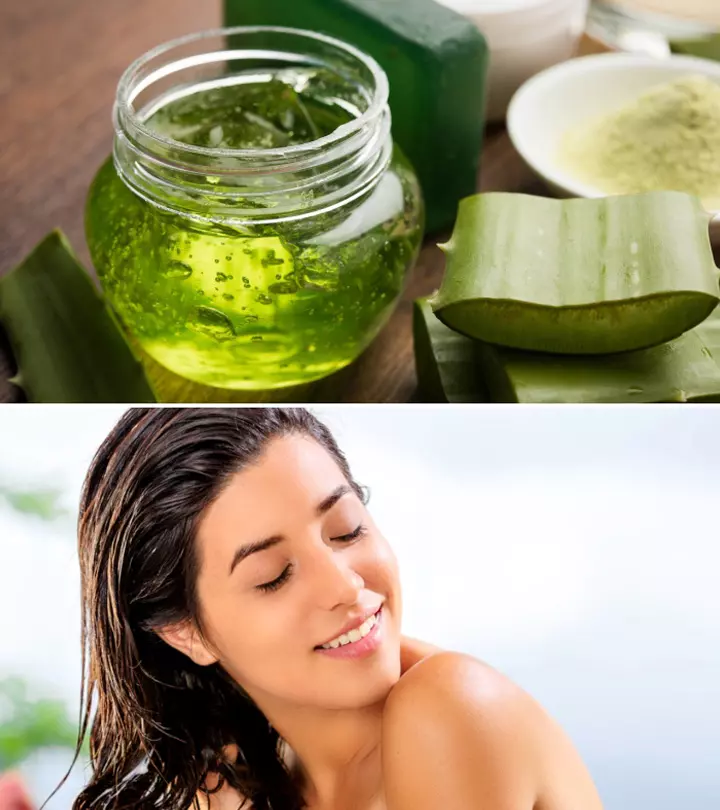
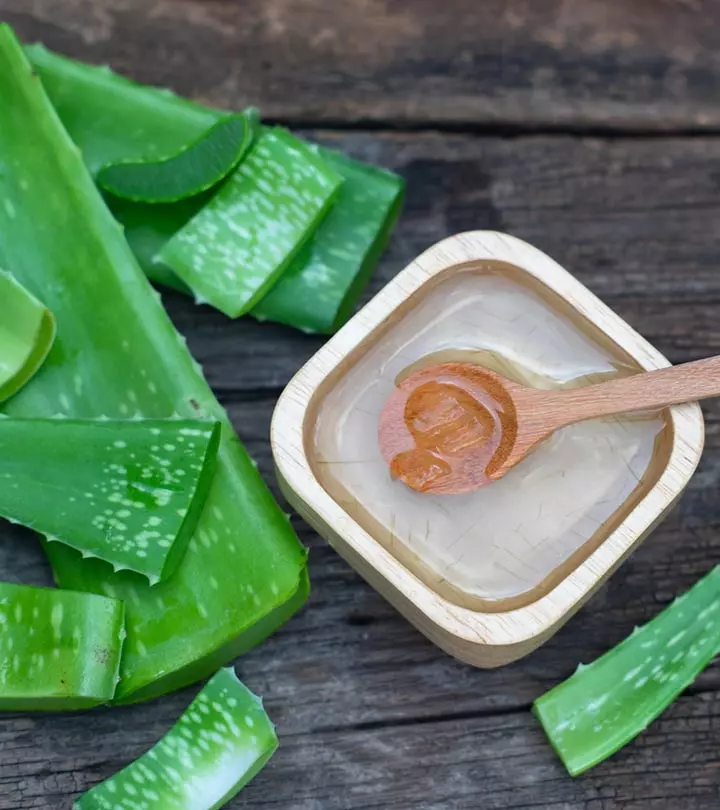
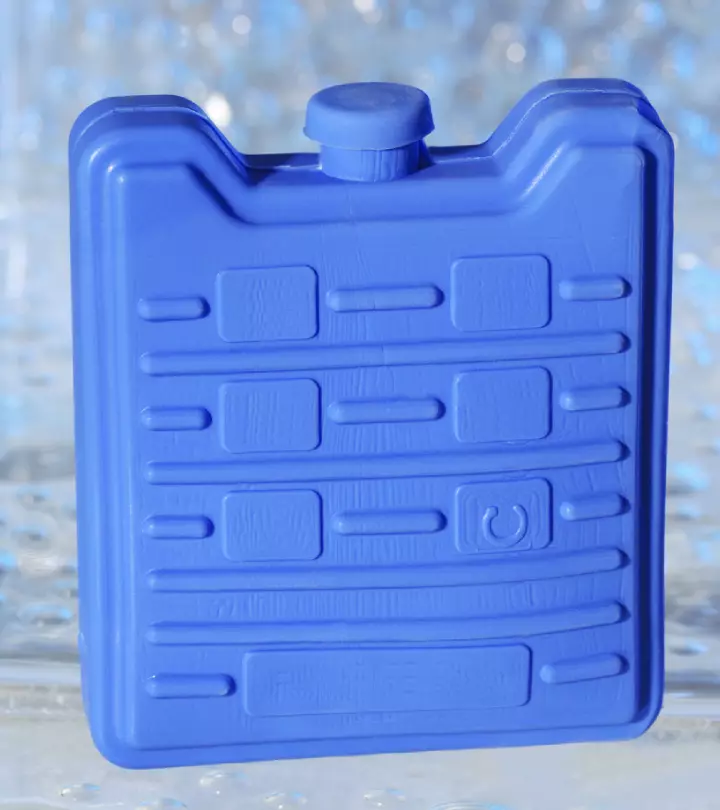


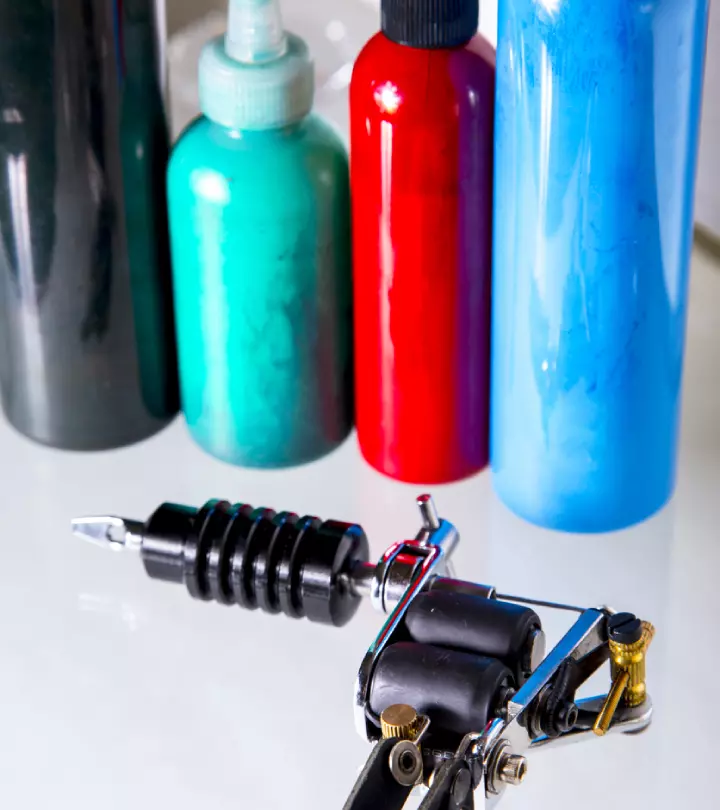

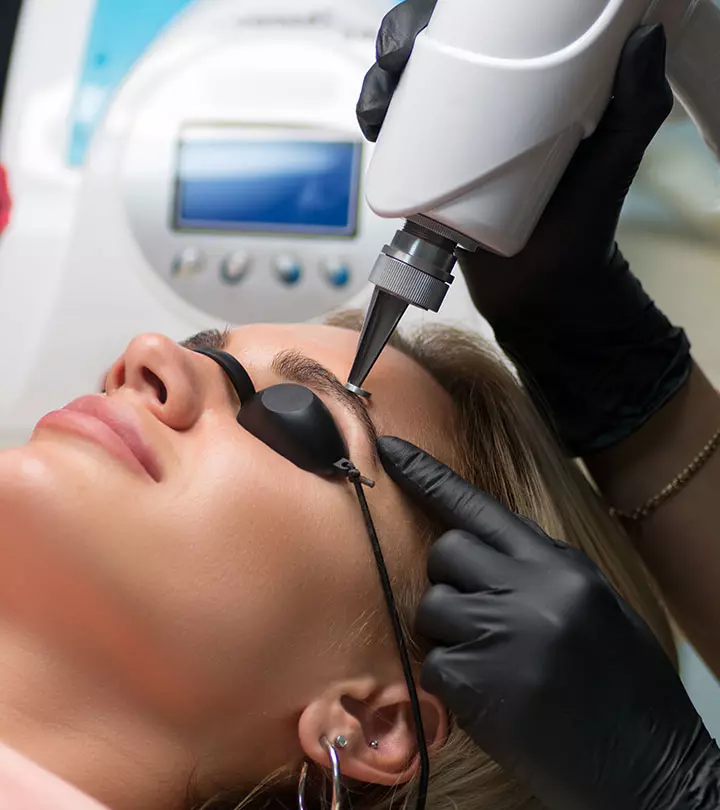

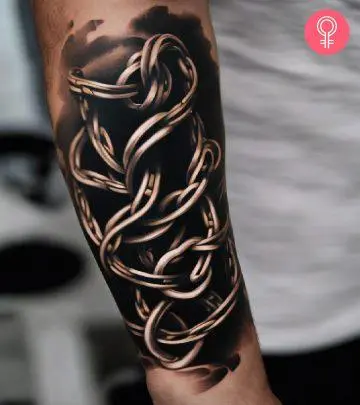

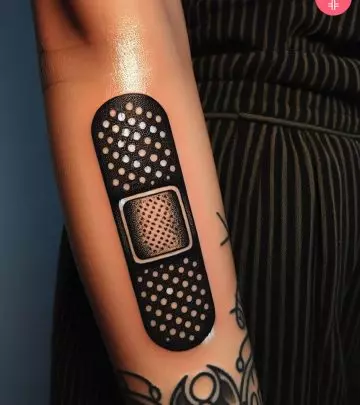
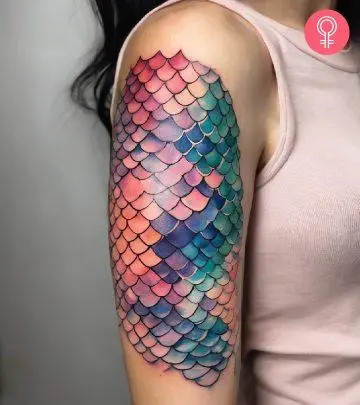




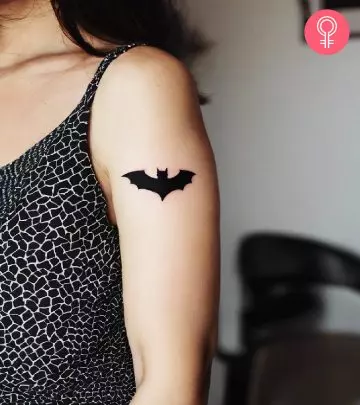


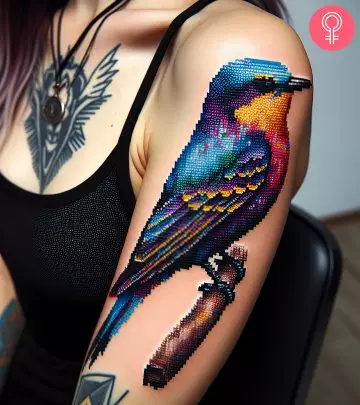
Community Experiences
Join the conversation and become a part of our empowering community! Share your stories, experiences, and insights to connect with other beauty, lifestyle, and health enthusiasts.